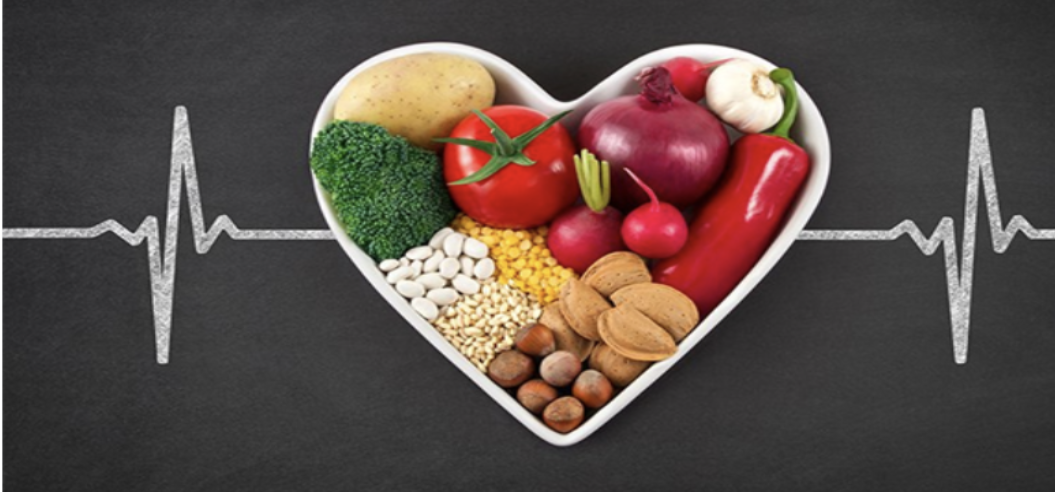What is “Heart Healthy”?

A Heart Healthy Diet
While everyone's heart-healthy diet can look different, one thing is clear: What we eat plays a major role in our risk of heart disease. Many people recognize that certain foods can increase this risk, yet knowing how to put heart-healthy eating into practice can be difficult.
While no food is inherently "bad," consuming certain foods in excess—such as those high in saturated fats, trans fats, salt, and added sugars—can raise the risk of heart disease. Enjoying these foods occasionally is fine, but consistently overindulging can have long-term effects on heart health.
For a heart-smart diet, focus on whole grains, fruits and vegetables, lean proteins, and unsaturated fats (like those from fish or nuts and seeds). Limit foods high in sodium or added sugars.
Unsure how to start? Try:
- Eating more whole grains; pick whole wheat bread instead of white bread
- Making a smoothie with fruits and vegetables as a snack
- Reducing sodium by swapping salty snack foods for unsalted nuts
- Making a Mediterranean-diet-inspired meal
- Picking a smarter drink; choose sparkling water with fruit juice or flavored water instead of soda
Additional heart-healthy habits include practicing portion control, planning balanced meals, and maintaining an active lifestyle. Your heart works hard for you—it's time to return the favor by giving it the care it deserves.
Want to learn more about heart-healthy eating? Visit this link to learn more about the Mediterranean diet or reach out to one of our dietitians at (785) 560-2566!












